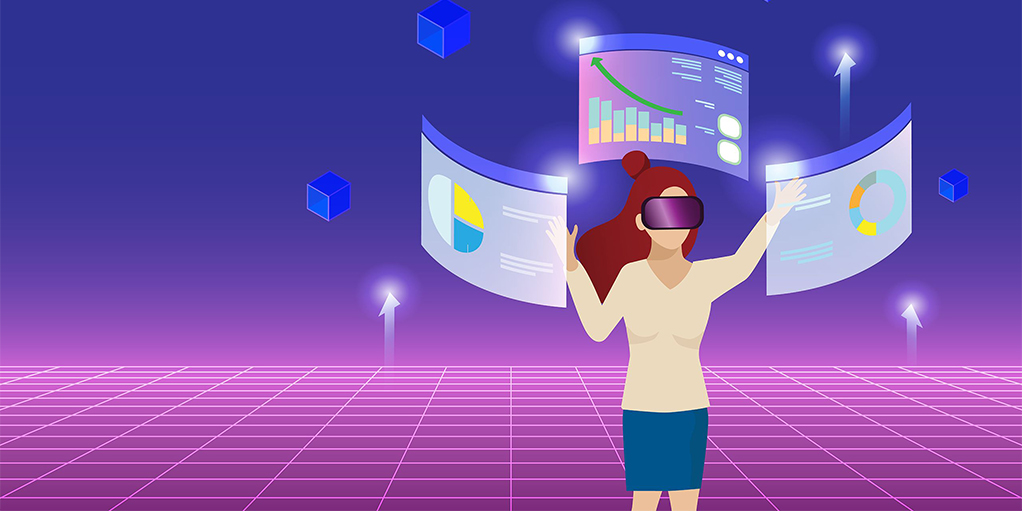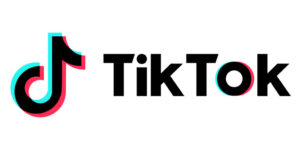The world of work has been undergoing rapid changes, with digital transformation, remote work, and advanced technologies at the forefront of these shifts. As more businesses embrace remote and hybrid working environments, there is a growing need for more immersive and effective collaboration tools. Meta, formerly Facebook, is leading the way in redefining the future of work through its investments in the metaverse, offering new ways for teams to collaborate in virtual spaces.
In this blog, we will explore how Meta’s vision for virtual Collaboration is reshaping the future of work and enhancing productivity, creativity, and communication in the digital workplace.
Understanding the Metaverse and Virtual Spaces
The metaverse is a shared, virtual 3D space where users can interact with each other and digital objects in real time. Combining virtual reality (VR), augmented reality (AR), and the internet, the metaverse offers an immersive digital environment beyond simple video calls or email chains. Meta’s ambitious project is to create an interconnected world where people can work, socialize, and play.
While virtual Collaboration has existed for some time, Meta’s push into the metaverse seeks to make these virtual interactions more natural, engaging, and productive, especially in the workplace. Meta aims to provide virtual venues where staff members may connect, communicate, and develop from any location using platforms like Horizon Workrooms.
Virtual Collaboration: How Meta is Shaping the Future of Work
As remote work becomes a permanent part of the global work culture, businesses need innovative ways to maintain productivity and team cohesion. Businesses have a lot of chances to improve virtual Collaboration and communication using Meta’s metaverse. Here are some significant ways that Meta is influencing the nature of employment in the future:
- Immersive Meetings with Virtual Reality
Traditional online meetings on Zoom or Microsoft Teams often fall short in engagement. The richness of in-person communication is lost in exchanges, and people may feel cut off from their coworkers. By enabling team members to convene virtually as avatars in virtual boardrooms or other personalized environments, Meta seeks to address this issue.
- Horizon Workrooms: Meta’s Horizon Workrooms is a virtual workspace platform that allows teams to collaborate in fully immersive environments. In these spaces, employees can interact with 3D objects, brainstorm on virtual whiteboards, and even use hand gestures and body language to communicate—features that are hard to replicate in traditional video calls.
- Enhanced Presence: VR meetings in the metaverse bring a sense of presence and realism, allowing colleagues to feel more connected. This leads to more natural Collaboration, reduced miscommunication, and a better understanding of team unity, even when members are physically located in different parts of the world.
- Breaking Down Geographical Barriers
The metaverse creates new opportunities for genuine international cooperation. No matter where they are physically located, employees worldwide may collaborate in real time, thanks to virtual environments. This promotes more inclusion and enables businesses to access talent worldwide without geography or logistics constraints.
- Virtual Co-working: Groups can collaborate in shared workplaces or virtual offices, generating ideas and carrying out tasks without being in the exact physical location. This improves cross-border communication and innovation and facilitates international Collaboration.
- Diverse Workforce: Companies may assemble talent from across the world in virtual settings, resulting in a more dynamic and diverse workforce. Because individuals from different origins offer distinct viewpoints, this fosters creativity and innovation.
- Creative Collaboration with 3D Tools
The capacity to employ 3D tools to promote creativity and invention is one of Meta’s metaverse’s key benefits. Employees may work together in real time using 3D models and prototypes for product development, design, or content production, bringing ideas to life in impossible ways with conventional technologies.
- Product Design: For industries like architecture, engineering, and manufacturing, the metaverse offers a platform where teams can design, modify, and interact with digital prototypes in a shared 3D space. This streamlines the design process, allowing for rapid iteration and real-time feedback.
- Interactive Brainstorming: Virtual spaces in the metaverse encourage dynamic and interactive brainstorming sessions. Instead of static presentations or idea boards, team members can use 3D whiteboards, share visual content, and collaborate on creative projects more engagingly.
- Employee Training and Development
Another area where Meta’s virtual spaces can transform the future of work is training and development. Immersive virtual environments are ideal for interactive training programs that simulate real-world scenarios, providing hands-on learning experiences beyond traditional e-learning platforms.
- Virtual Training Programs: From onboarding new employees to providing technical training, the metaverse allows companies to deliver immersive training experiences. Employees can practice skills in a safe virtual environment, participate in role-playing exercises, or even conduct complex simulations, making learning more engaging and effective.
- Skill Development in VR: Employees can collaborate in VR workshops, where they can develop new skills, network with colleagues, and participate in professional development activities. This makes learning and growth more accessible, especially in remote work.
- Flexibility and Employee Well-being
One of the significant benefits of virtual workspaces is the flexibility they offer. Workers may connect with their coworkers virtually and work from any location. This enhances work-life balance, which is increasingly important to many employees and increases productivity.
- Flexible Work Environments: The metaverse allows employees to customize their virtual workspaces according to their preferences, creating a comfortable environment that can help reduce stress and increase productivity.
- Improved Engagement: Virtual collaboration tools in the metaverse can make remote work more engaging and reduce the feeling of isolation that often comes with working from home. Better mental health and increased job satisfaction result from this.
Challenges and Considerations
While Meta’s vision for the metaverse presents exciting possibilities for the future of work, there are challenges and considerations to keep in mind.
- Technology Barriers: Significant technology expenditures, such as VR headsets, fast internet, and a robust data backbone, are necessary for the widespread adoption of virtual environments. These materials might not be available to all companies or workers.
- Learning Curve: Using VR and other virtual collaboration tools requires training. Employees need time to adapt to these new working methods, and businesses must provide the necessary support to ensure a smooth transition.
- Privacy and Security: Data privacy and security concerns will rise as companies move their Collaboration into virtual spaces. Protecting sensitive information and ensuring secure communications in the metaverse will be critical.
Conclusion:
Meta’s Vision for the Future of Work By enhancing virtual Collaboration’s immersion, engagement, and productivity, Meta’s metaverse can completely transform how people work in the future. Because Meta’s virtual environments eliminate geographical boundaries, provide creative tools, and encourage real-time contact, they can revolutionize how firms function, create, and expand.
The metaverse is positioned to play a significant role in the evolution of work, giving companies the resources they require to prosper in a society that prioritizes digital technology, even though there are still obstacles to overcome. The evolution of virtual environments will permanently change how we communicate, work together, and cooperate.
With Meta leading the way in this fascinating adventure, work will likely be more creative, connected, and boundaryless in the future than it has ever been.
To know more about Digital Marketing, Please visit https://paypercampaign.com





